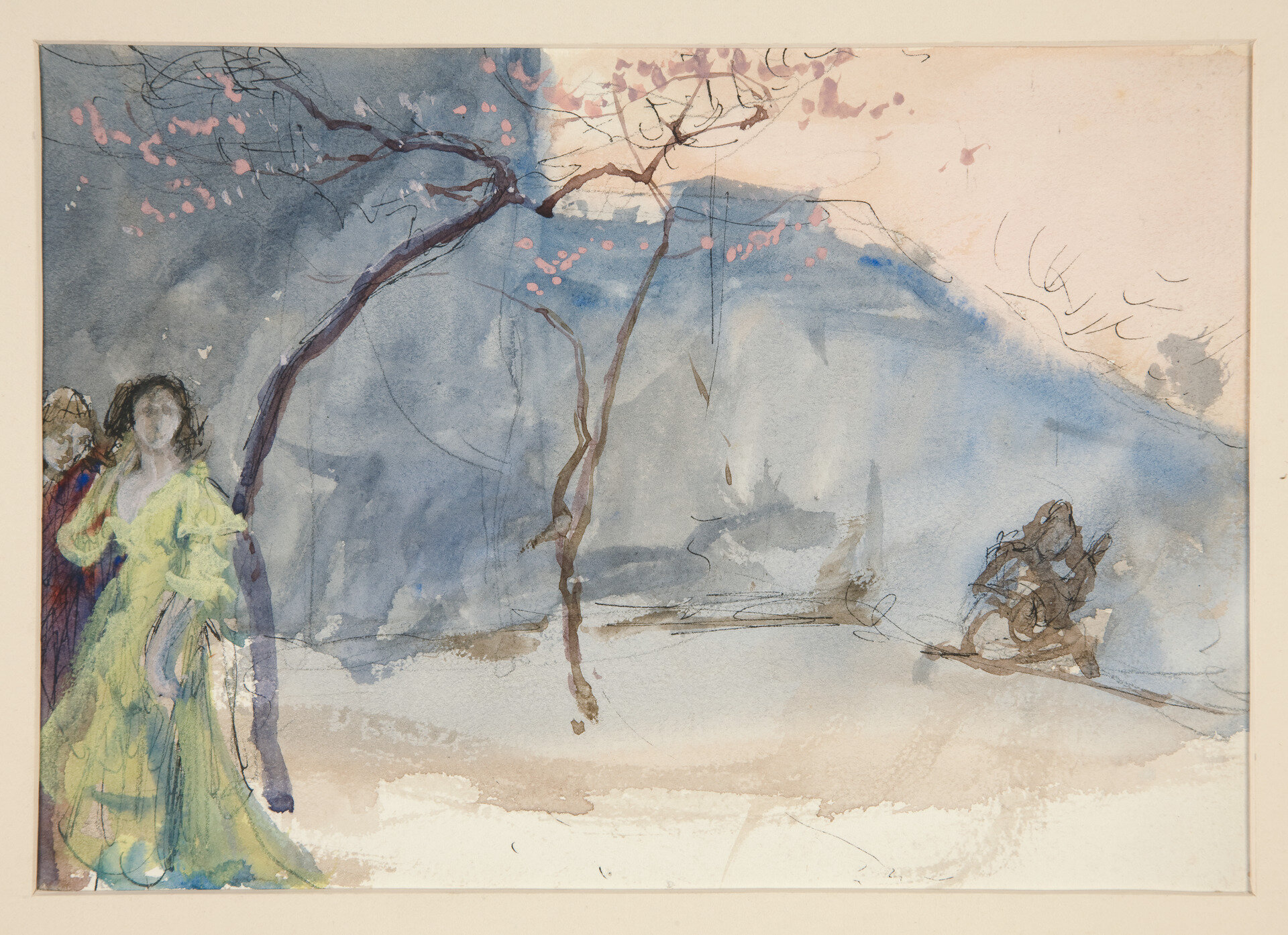The Story of Us
Researchers at the University of Rochester recently published a study in the Journal of Consulting and Clinical Psychology on the efficacy of films as a therapeutic couples intervention. After listening to a short talk about the value of movies in developing relationship awareness, couples watched a total of five movies, one a week, from a provided movie list. They then spent 45 minutes after each movie discussing a list of 12 questions about the movie couple's interactions.
Of the 174 couples that took part in the study, those who participated in therapy or in the movie intervention were half as likely to split up than the control group, who received no intervention. The movie intervention was found, to the researcher’s surprise, to be just as effective as other established intervention programs in reducing separation and divorce rates. While more research needs to be done to further validate how and why the film intervention works, the study’s authors acknowledge that the effort, thought and time couples invest in post-movie discussion are predictive of future marital successes.
What movies from the Rochester study list seem to have in common is the ability to narrate the often complicated, intricate and private life of a relationship. Movies like Love Story, Guess Who’s Coming to Dinner, and the more recent Her, all present relationships that develop, grow and change forms within a complex web of culture, family and personality. When similar stories unfold in couple’s therapy, it is clear that more than two individuals and a therapist are present. The relationship is a whole, greater than the sum of its parts.
Edwin Austin Abbey, Yale University Art Gallery
One recent post in Reel Therapy, Psychology Today’s column on the psychological and relationship dynamics of film, outlines a model for therapeutic movie watching that calls for the cultivation of mindfulness, emotional engagement and critical thinking. The ability to bring awareness of these three mind states to the exploration of relationship issues is what tends to facilitate growth and insight in couples therapy as well. When partners make the effort to gain skill and practice as attentive, engaged listeners, of self and other, new possibilities emerge. And so does a relationship, a whole greater than the sum of its parts, full of possible stories yet to be written.
The authors of the Rochester study have posted a list of movies and questions that couples can work with at home, as well as the opportunity to participate in future research. The study is open to couples of all sexual orientations and relationship stages. Check it out at: http://www.courses.rochester.edu/surveys/funk/.

